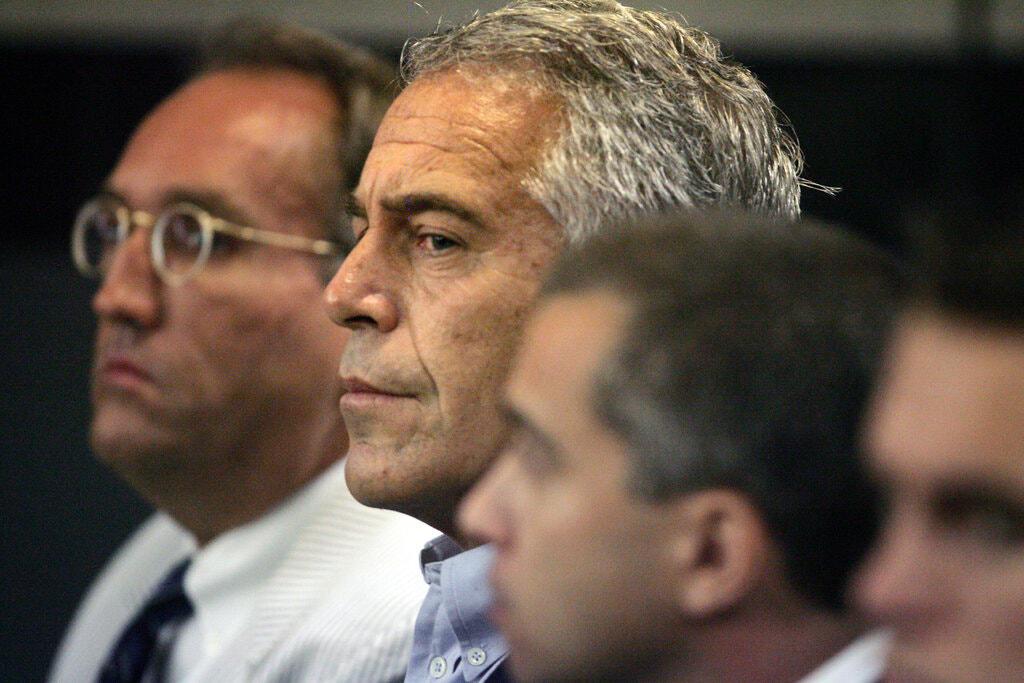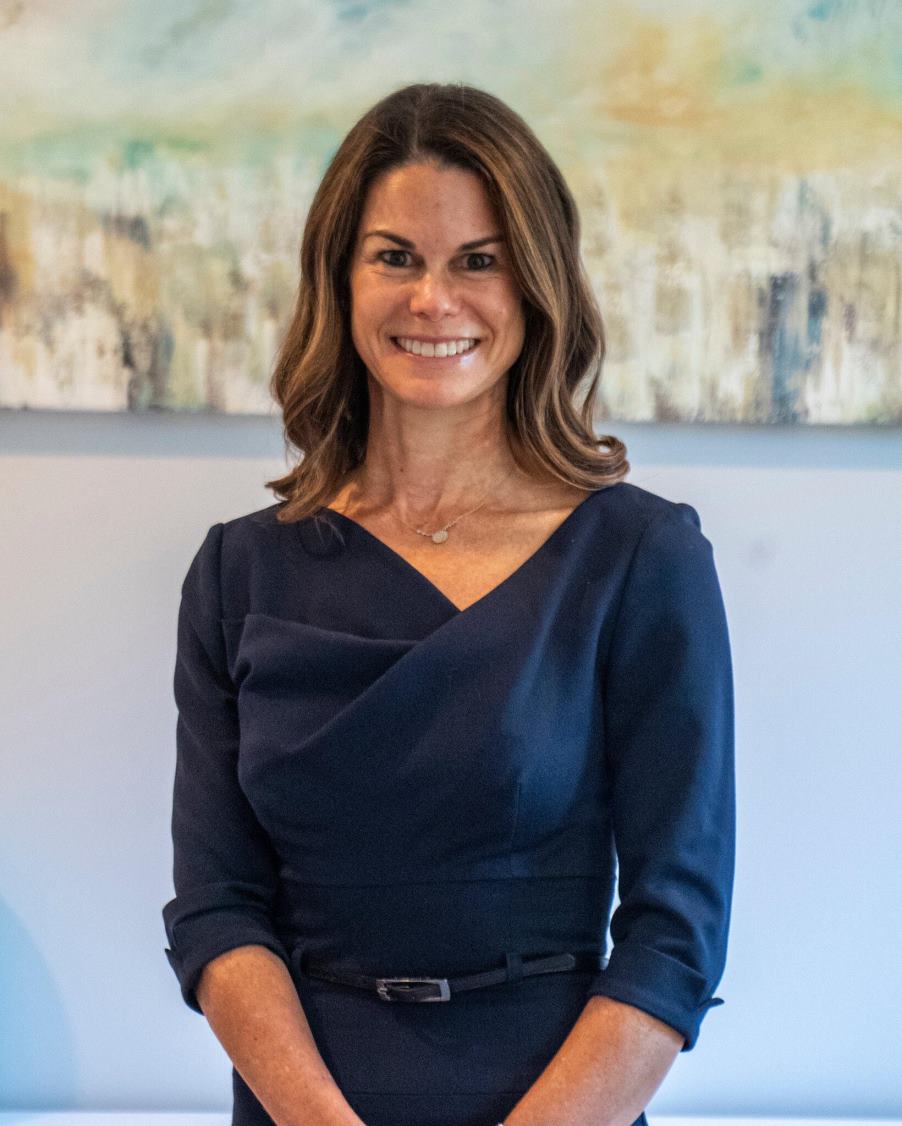|
More Than 100 Accusers Seek Restitution From Jeffrey Epstein’s Estate
By Matthew Goldstein
A victim compensation fund has already paid out millions of dollars, with more claims expected to be approved in the coming weeks. The fund set up to compensate victims of Jeffrey Epstein’s sexual exploitation has already received more than 100 claims and paid out tens of millions of dollars. The number of claims has already surpassed expectations even though the fund will accept requests until the end of March, said Jordana Feldman, its administrator and a lawyer who worked on the September 11th Victim Compensation Fund for many years. Ms. Feldman would not say how many claims have been paid. But so far, the fund has paid more than $30 million to accusers, according to a person familiar with the fund, who spoke on the condition of anonymity. The fund is poised to reach additional settlements in the coming weeks. The fund began taking claims in July, a little less than a year after Mr. Epstein, a financier, died in a Manhattan jail cell following his arrest on federal sex-trafficking charges. Because he had put his roughly $600 million fortune into a trust, there were concerns that it could take years for his victims to get any money back from his estate. But the estate’s executors agreed to establish the fund, allowing accusers — including those who had reached settlements with Mr. Epstein after his 2008 conviction on soliciting prostitution from an underage girl — to seek compensation. The terms of individual settlements are confidential. Each claim takes about 60 days to review, with the victim interviewed over video because of the coronavirus pandemic, Ms. Feldman said. “It gives the victims an opportunity to tell their story, and it gives me an opportunity to get to know them in a way that can’t be fully captured in a paper file,” she said. “I do see some of the rawness of the emotions. There is very deep, long-lasting impact that the abuse has had on their lives.” One accuser who has received a settlement, according to court documents, was identified in the July 2019 federal sex-trafficking indictment against Mr. Epstein as “Minor Victim-1.” She had accused him of sexually abusing her beginning when she was 14. Another unidentified woman, who said in a lawsuit that Mr. Epstein had sexually abused her after promising to help her get a modeling job with Victoria’s Secret, has also received compensation from the fund, according to court records. Mr. Epstein, for many years, had been the principal money manager to Leslie Wexner, the retail magnate who until this year was chief executive of the parent company of Victoria’s Secret. In 2008, Mr. Epstein pleaded guilty in Florida to a charge of soliciting prostitution from a minor. As part of that plea agreement, he avoided more serious federal charges, but was required to register as a sex offender. That plea, which later became the subject of much criticism, called on Mr. Epstein to reach settlements with about two-dozen victims but did not specify any amounts. As part of the agreement with prosecutors, Mr. Epstein was permitted to pay for his accusers’ third-party attorneys, a process that raised suspicions among some victims’ advocates. Spencer Kuvin, a Miami lawyer representing nine women who have submitted claims to the fund, said the settlement process appeared to be fair. None of his clients have yet to receive a settlement offer, but Mr. Kuvin said he was “cautiously optimistic.” Three of them received settlements from Mr. Epstein when they were teenagers, but had felt intimidated by him and his legal team. “This process is light-years different,” Mr. Kuvin said. Ms. Feldman said a person who received a settlement was normally barred from coming back for more money. But she said given the circumstances surrounding the earlier investigation of Mr. Epstein, it was important not to close the door on any victims. Plans for the compensation fund were announced last year, but were delayed while the estate’s lawyers addressed objections by the attorney general for the Virgin Islands, Denise George. Ms. George, whose office has filed a civil forfeiture lawsuit against Mr. Epstein’s estate, had wanted more safeguards for the victims because the executors were former business advisers to Mr. Epstein. Mr. Epstein’s primary residence for nearly two decades was an island he owned in the Virgin Islands, and the companies that constituted his business interests were mostly incorporated there. Mr. Epstein’s estate has shrunk recently to about $400 million after paying $190 million in estate taxes to the federal government. The restitution fund, which is not limited in the amount it can dole out, is being financed with money from Southern Trust, one of Mr. Epstein’s main companies in the Virgin Islands. One of Southern Trust’s biggest clients was Leon Black, the billionaire private equity executive, who paid as much as $75 million in fees for tax and estate planning advisory services. In all, Southern Trust had raked in more than $200 million in revenue since 2012. “They have a lot of money to work with,” Mr. Kuvin said.
|
.
Any original material on these pages is copyright © BishopAccountability.org 2004. Reproduce freely with attribution.


